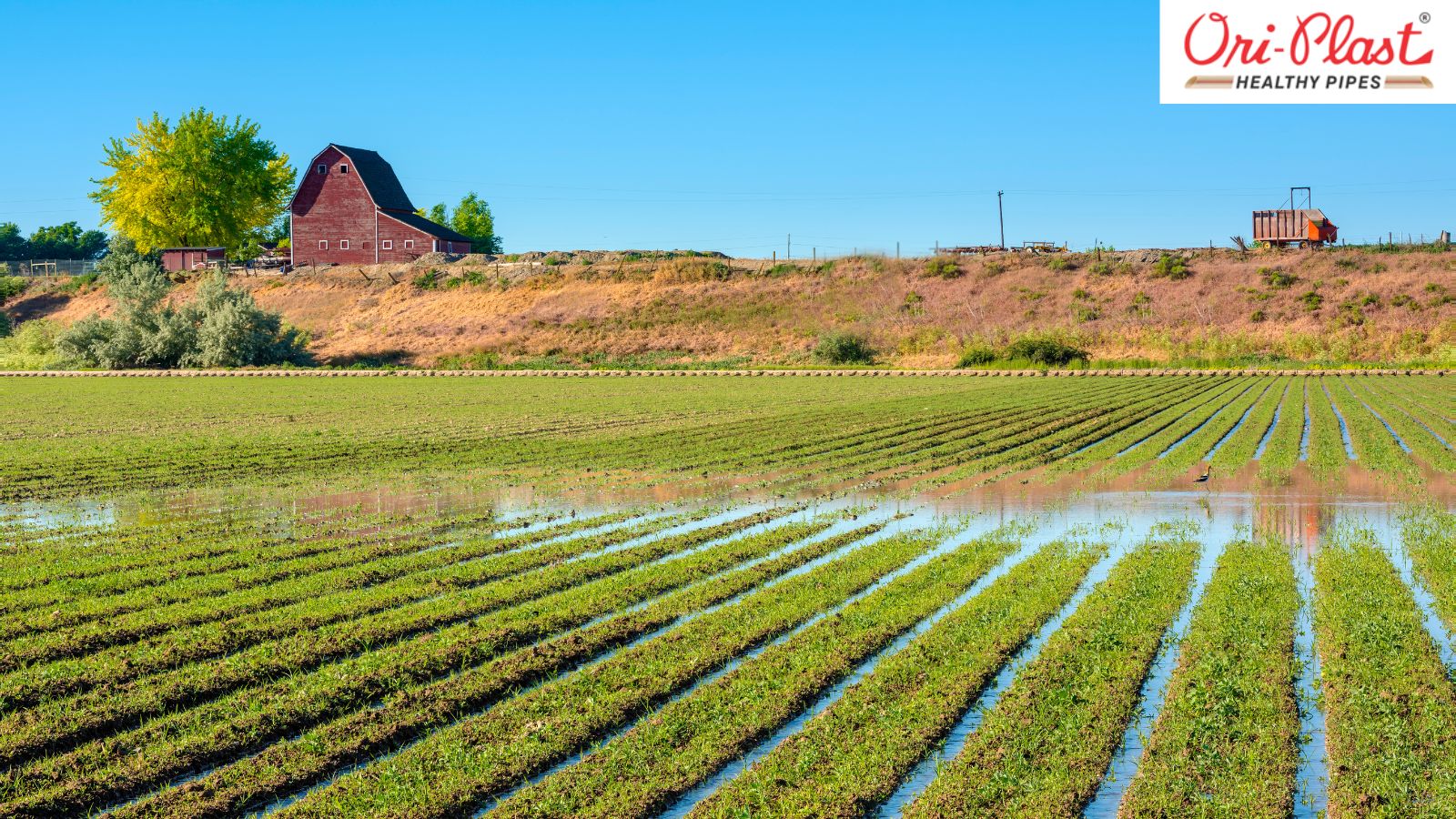Agricultural irrigation systems are vital practices to ensure crop growth and maximize yields. However, excessive water usage in traditional irrigation methods often leads to water waste, environmental degradation, and increased production costs.
To address these challenges, it is crucial for farmers to adopt effective irrigation systems that optimize water usage while minimizing excess water in the fields.
Evaluate Soil Moisture Levels:
Before initiating any irrigation, it is essential to assess the soil's moisture content accurately. By utilizing soil moisture sensors or moisture meters, farmers can obtain real-time data about the soil's moisture levels.
This information enables them to make informed decisions regarding the appropriate timing and amount of water required for irrigation, preventing overwatering.
Implement Drip Irrigation Systems:
Drip irrigation is a highly efficient technique that delivers water directly to the plant's root zone, minimizing water loss due to evaporation or runoff.
This system employs a network of pipes and emitters that provide a slow, consistent drip of water to individual plants.
By targeting water precisely where it is needed, drip irrigation reduces water wastage and optimizes water uptake by plants, leading to improved crop health and enhanced yields.
Utilize Weather-based Irrigation Controllers:
Weather-based irrigation controllers, also known as "smart controllers," use real-time weather data to adjust irrigation schedules and amounts.
These systems take into account factors such as temperature, humidity, rainfall, and evapotranspiration rates to determine the precise amount of water required by plants.
By integrating weather data, farmers can avoid overwatering during rainy periods or adjust irrigation schedules during periods of high evapotranspiration, saving water and minimizing excess moisture in the fields.
Employ Precision Sprinkler Systems:
If drip irrigation is not suitable for a particular crop or field, precision sprinkler systems can be a viable alternative to reduce water wastage.
These systems utilize high-efficiency sprinkler heads that distribute water evenly and uniformly, minimizing overspray and runoff.
By adjusting the spray pattern, flow rate, and duration, farmers can tailor the irrigation to match the specific needs of their crops, ensuring optimal water usage while avoiding excessive moisture accumulation.
Implement Soil Moisture Monitoring and Automation:
Automated irrigation systems equipped with soil moisture monitoring technology can significantly contribute to water conservation efforts.
These systems continuously monitor the soil's moisture levels and provide data to farmers, allowing them to make informed decisions about irrigation scheduling and duration.
Moreover, by integrating automation, farmers can program the irrigation system to activate only when the soil moisture levels reach a certain threshold, preventing both overwatering and underwatering.
Practice Crop Water Requirement Calculation:
Understanding the specific water requirements of different crops is crucial in minimizing excess water usage.
Farmers should calculate crop water requirements based on factors like crop type, growth stage, climate, and soil characteristics.
This information can be obtained from agricultural extension services or online resources.
By accurately estimating the water needs of crops, farmers can tailor their irrigation practices accordingly, preventing over-irrigation and conserving water resources.
Implement Mulching Techniques:
Mulching is an effective practice to reduce evaporation and maintain soil moisture levels.
By applying organic or synthetic mulch materials around the base of plants, farmers can minimize soil moisture loss, suppress weed growth, and improve water infiltration.
Mulching also helps regulate soil temperature, preventing extreme fluctuations that can stress plants and increase water requirements.
Conclusion:
Implementing effective irrigation systems plays a pivotal role in minimizing excess water usage in agricultural fields.
By adopting techniques such as drip irrigation, weather-based controllers, precision sprinklers, soil moisture monitoring, and crop water requirement calculations, farmers can optimize water usage, conserve water resources, and enhance crop productivity.
It is essential to embrace sustainable irrigation practices that not only benefit farmers but also protect the environment and ensure a sustainable future for agriculture.
Visit Oriplast for the Best Quality Drip irrigation Pipes & fittings, Agricultural Pipes & Fittings Get your hands on the best quality materials from the best PVC pipe manufacturer in India.



